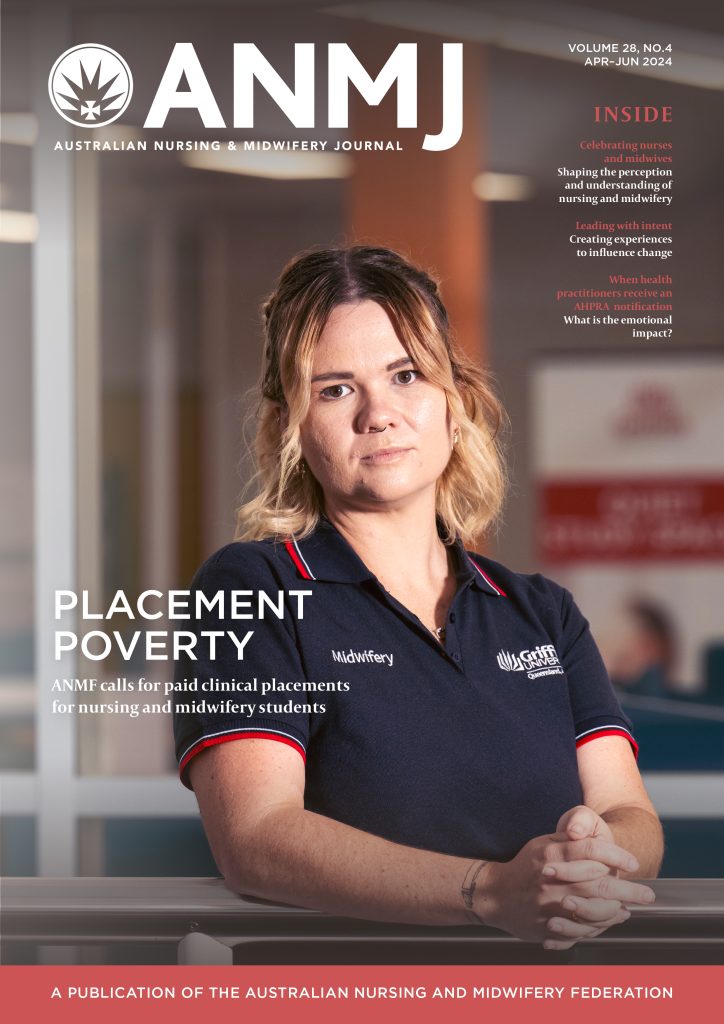There are significant issues when it comes to men and seeking support for mental health difficulties.
Research by Spendelow1 suggests a stark gender disparity and indicates that men are significantly less likely to see a psychologist in comparison to women.
Furthermore, investigation also suggests men have greater drop-out rates than that of women, with men regularly opting to not continue treatment following initial consultation as seen in research by Pederson & Vogel.2
Understandably, this is of great concern, as while research shows the prevalence of mental health conditions in men is not as prolific as that for women, many serious outcomes that are associated with mental health difficulties are significantly higher in men, such as suicide, drug and alcohol dependence and violence, as reported by Mahalik & Rochlen.3
Fundamentally, this suggests that while there may not be as many diagnoses of mental health conditions in men, presence may be far greater than currently understood and men may be choosing to deal with their mental health difficulties by themselves rather than seeking professional help.
This information highlights the need for better understanding of what psychologists can do to get men to access and continue treatment services.
However, as Seidler and colleagues suggested,4 many suggestions for why men do not seek psychological help are directed at an individual level and their failures in this space, rather than what psychologists can do to change this narrative. For example, as seen in Addis & Mahalik5 regular professional commentary focuses on men’s adherence to traditional masculine norms such as self-reliance and stoicism, as reasons for why they do not seek psychological support when they are experiencing mental health challenges. Furthermore, Mahalik and colleagues6 have shown men regularly shoulder the blame for not continuing treatment, with suggestion that their preference for treatment methods that do not align with traditional approaches their issue rather than that of the psychologist. Despite this narrative, there is a simple but significant area that psychologists can and need to improve to ensure men uptake and upkeep psychological support.
The therapeutic alliance has been defined by Bourdin7 as the “collaborative relationship between patient and therapist in the common fight to overcome the patient’s suffering and self-destructive behaviour.” The importance of the working relationship between a psychologist and client has long been understood with early psychotherapists, such as Rogers8, outlining its significance in obtaining positive treatment outcomes. More recently empirical evidence has further highlighted the importance of the therapeutic alliance with studies such as Ardito & Rabellino,9 demonstrating an effective therapeutic alliance may be as, or more, valuable to positive client outcomes than the treatment modality used during sessions. Ardito & Rabellino,9 suggest there to be three key components to the therapeutic alliance being
1) goals of the treatment
2) agreement on the tasks
3) development of a personal bond made up of reciprocal positive feelings.
However, despite the long term understanding of the importance of developing and maintaining an effective working relationship between a psychologist and client, it would seem some principals central to its development are discounted by psychologists when dealing with male clients.
A major component of the therapeutic alliance is collaboration with a need for significant focus on the mutual agreement on treatment methods and subsequent outcomes. Unfortunately, men often reported that this does not occur for them, with regular dismissal of their desires for the direction of their treatment. For example, men display a preference for psychotherapy methods that place significant focus on action and overall goals as opposed to therapy of an emotional disclosure format, as reported by Seidler and colleagues.10 Men regularly report that talking and disclosing emotions often makes them more frustrated and doesn’t help with the day-to-day as outlined by Kingerlee.11 While research suggests that men and women may experience similar positive outcomes from emotional disclosure therapies, to develop an effective therapeutic alliance, psychologists should consult with their clients about what treatment methods are desired and they are willing to engage in. Therefore, Johnson and colleagues12 suggest by not understanding that men may prefer practical forms of assistance, with a focus on the development of action based coping strategies, (as opposed to therapeutic approaches heavily focused on emotional vulnerability and empathic communication), psychologists may be compromising their ability to form a therapeutic alliance. Additionally, they may also hinder client access and retention.
In addition to the above, the formation of an effective therapeutic alliance with male clients is dependent on the development of a working relationship with attributes of trust and positivity. The need to create an environment that feels safe and non-judgmental is vital. However, it has been commented that psychologists often fail in this when dealing with male clients with both settings and the language used not facilitating these feelings, as reported by both Bedi & Richards and Englar‐Carlson.13,14 Seidler and colleagues10 have suggested that psychologists need to utilise a more casual environment and approach, breaking the elitist stereotypes often associated with psychologists. Furthermore, there has been suggestion that trust can be developed in men through ensuring they are treated as individuals rather than just a number or tick box exercise. For example, research by Seidler and colleagues15 show men often report that they do not develop effective therapeutic alliances due to the feelings that they are not recognised and understood as individuals. Psychologists who focus on and remember personal details and topics important to the client, are suggested by Seidler and colleagues,15 to develop stronger working relationships with male clients and increase the likelihood of treatment continuance, fundamentally developing an effective therapeutic alliance.
In short, the need to develop effective and long-term therapeutic alliances with men who seek psychological services is a necessity. However, there is a significant need for clinicians to self-reflect on their approaches to developing the working relationship with men in this space and change the narrative that men are the main contributor to the issues faced in men accessing and continuing psychological treatment. Clinicians being aware of male clients’ preferences and desires for treatment goals and outcomes and ensuring they modify their traditional approaches to settings and language, will inevitably lead to better therapeutic alliances positively influencing male client retention and treatment efficacy.
References
1 Spendelow JS. Cognitive-behavioural treatment of depression in men: Tailoring treatment and directions for future research. American Journal of Men’s Health. 2015; 9(2): 94–102.
2 Pederson EL, Vogel DL. Male gender role conflict and willingness to seek counseling: Testing a mediation model on college‐aged men. Journal of Counseling Psychology. 2007; 54(4): 373–384.
3 Mahalik JR, Rochlen AB. Men’s likely coping responses to clinical depression: What are they and do masculinity norms predict them? Sex Roles. 2006; 55(9): 659-667
4 Seidler ZE, Dawes AJ, Rice SM, Oliffe JL, Dhillon HM. The role of masculinity in men’s help-seeking for depression: A systematic review. Clinical Psychology Review. 2016; 49: 106–118.
5 Addis ME, Mahalik, JR. Men, masculinity, and the contexts of help seeking. The American Psychologist. 2003; 58(1): 5–14.
6 Mahalik JR, Good GE, Tager D, Levant RF, Mackowiak, C. Developing a taxonomy of helpful and harmful practices for clinical work with boys and men. Journal of Counseling Psychology. 2012; 59(4): 591–603.
7 Bordin ES. The generalizability of the psychoanalytic concept of the working alliance. Psychotherapy. 1979; 16: 252–260.
8 Rogers CR. Client-Centered Therapy. Boston: Houghton Mifflin; 1951.
9 Ardito RB, Rabellino D. Therapeutic alliance and outcome of psychotherapy: historical excursus, measurements, and prospects for research. Frontiers in psychology. 2011; 2: 270.
10 Seidler ZE, Rice SM, Oliffe JL, Fogarty AS, Dhillon HM. Men in and out of treatment for depression: Strategies for improved engagement. Australian Psychology. 2018b; 53: 405-415.
11 Kingerlee R, Precious D, Sullivan L, Barry, JA. Engaging with the emotional lives of men: Designing and promoting male‐specific services and interventions. The Psychologist. 2014; 24: 418–421.
12 Johnson JL, Oliffe JL, Kelly MT, Galdas P, Ogrodniczuk JS. Men’s discourses of help‐seeking in the context of depression. Sociology of Health & Illness. 2014; 34(3): 345–361.
13 Bedi, RP, Richards M. What a man wants: The male perspective on therapeutic alliance formation. Psychotherapy. 2011; 48(4): 381–390.
14 Englar‐Carlson M. Masculine norms and the therapy process. In: Englar‐Carlson M, Stevens M, editors. In the room with men: A casebook of therapeutic change. American Psychological Association; 2006; 13–47.
15 Seidler ZE, Rice SM, Ogrodniczuk JS, Oliffe JL, Dhillon HM. Engaging men in psychological treatment: A scoping review. American Journal of Men’s Health, 2018a; 12(6): 1882–1900.
Author
Simon Tyler – B. Psych. Sci. (First Class Hons), MS. Psychology,PhD Candidate Mental Health and Suicide Prevention Research Group and Alison Milner Memorial Scholarship Recipient.










One Response
The therapeutic alliance between the clinician and the patient is at the heart of engagement and treatment. At its simplest, it is defined as a rational agreement or contract which supports a patient’s treatment.
I was looking for this type of article. Thanks for sharing.